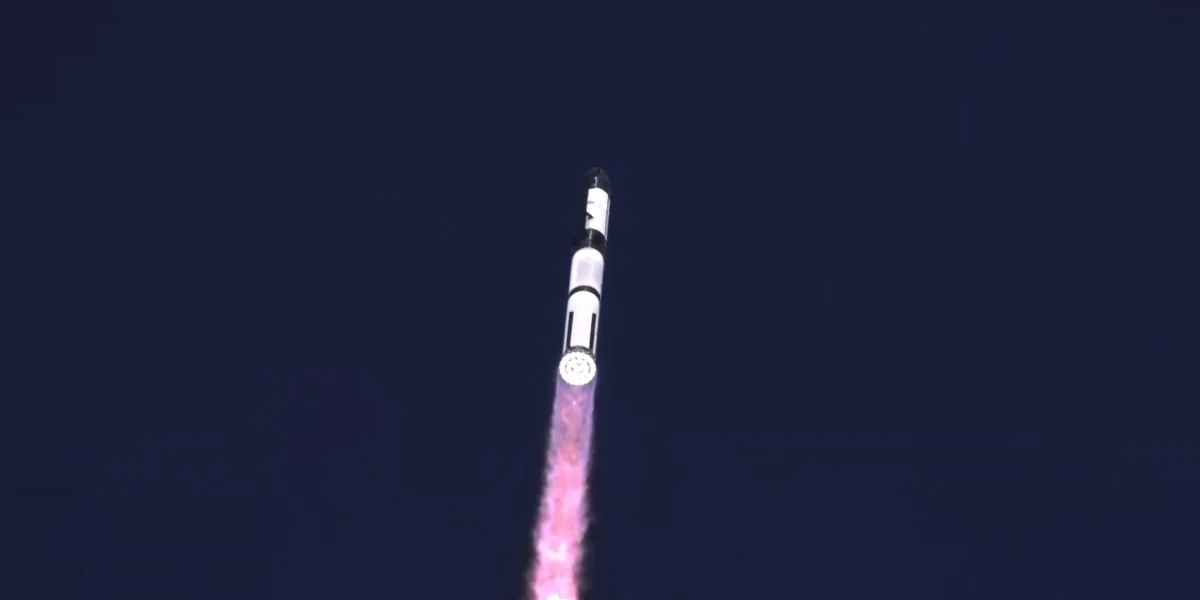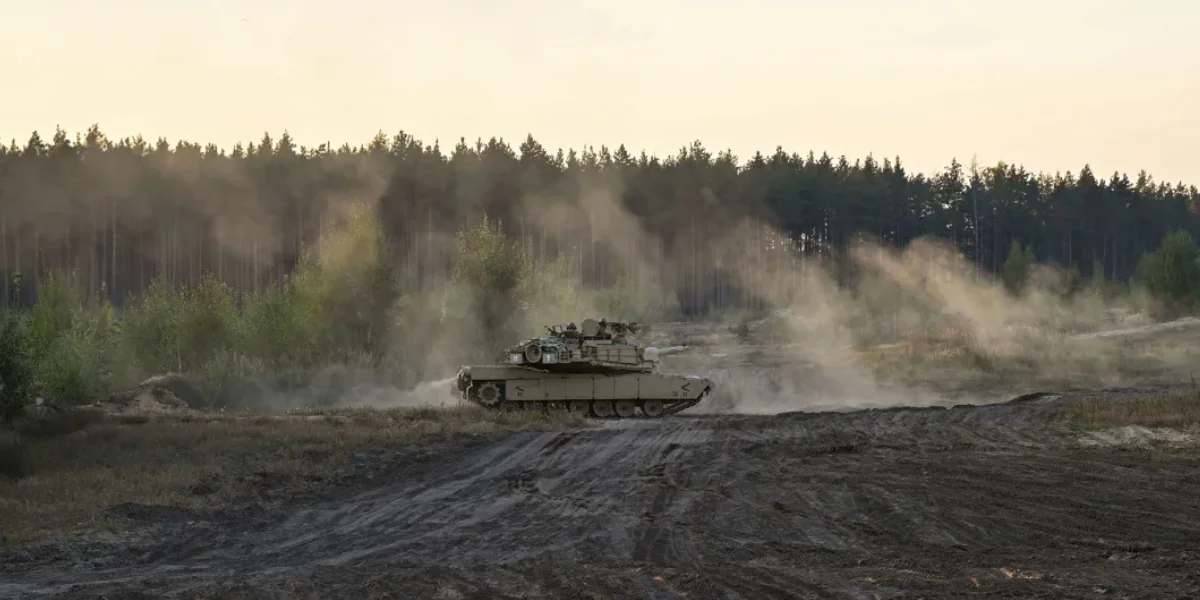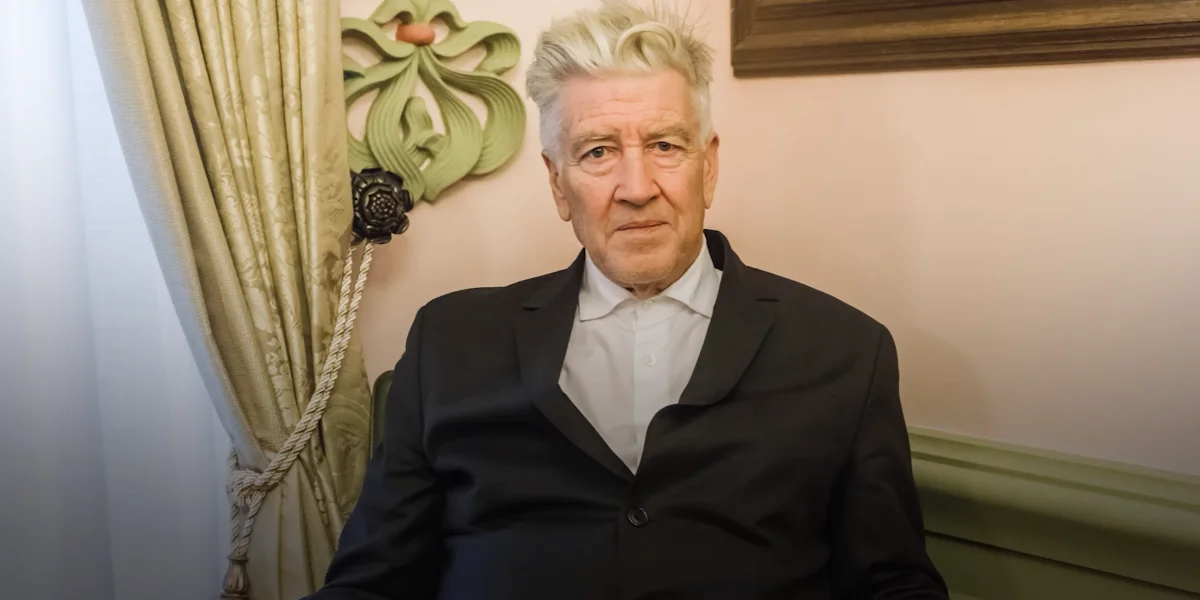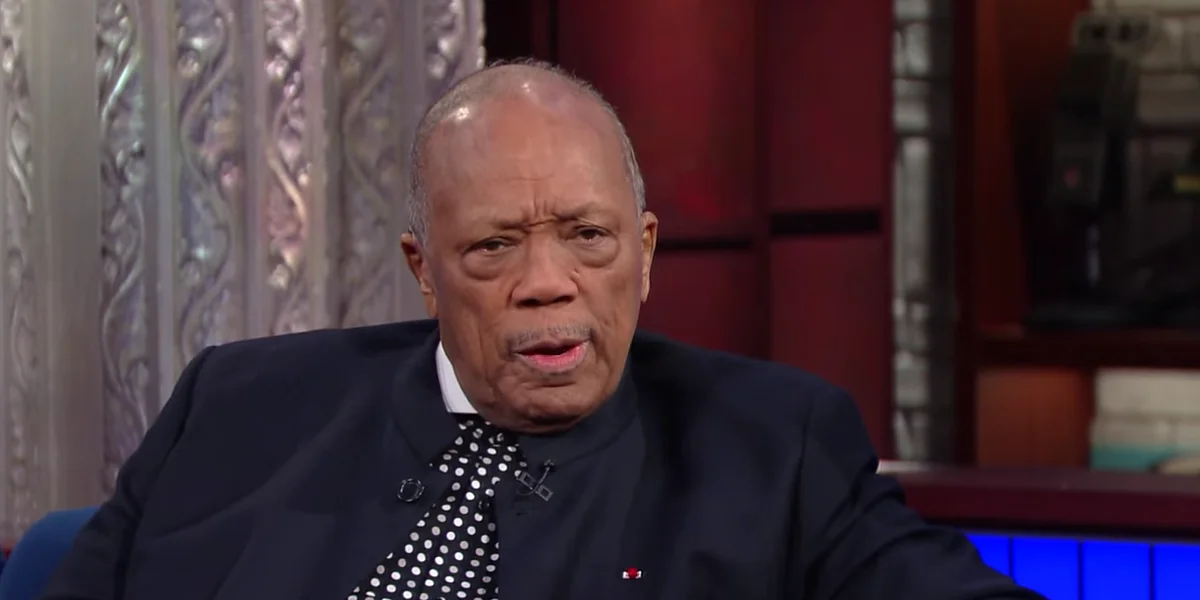China Holds Military Exercises Around Taiwan as a Fresh Warning
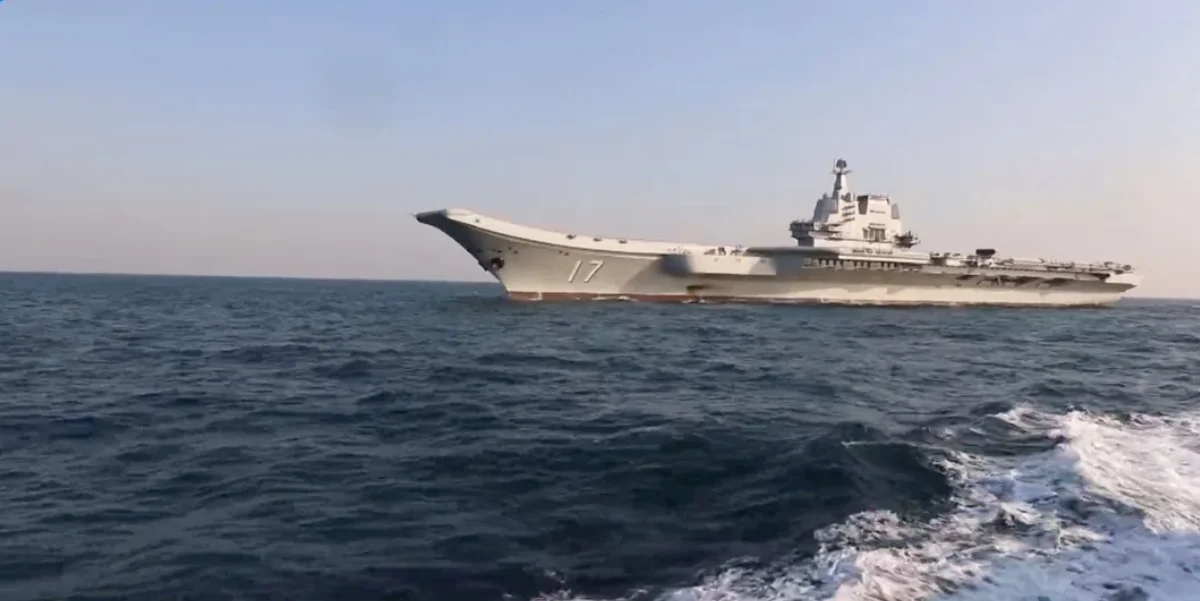
The Chinese military said Tuesday that it has conducted joint drills combining its army, navy, air force, and rocket force surrounding Taiwan as a "stern warning," only days after US Defense Secretary Pete Hegseth promised to oppose "China's aggression" during his maiden tour to Asia.
China's armed forces will "close in" on the self-governing island from "multiple directions" during drills and practice maneuvers such as "assault on maritime and ground targets" and "blockade on key areas and sea lanes" to test the troops' joint operations capabilities, according to a statement on social media from the People's Liberation Army (PLA)'s Eastern Theater Command.
“It is a stern warning and forceful deterrence against ‘Taiwan Independence’ separatist forces, and it is a legitimate and necessary action to safeguard China’s sovereignty and national unity,” the statement added.
Zhang Chi, a professor at the PLA's National Defense University in Beijing, said Tuesday's drills had no unique codename since such military exercises have grown commonplace.
“This largely indicates that the exercises we see today have become a new normal for the PLA and the Eastern Theater Command – it’s routine for them,” he told China’s state broadcaster CCTV.
Beijing has often accused Taiwan's authorities of wanting "independence," and President Lai Ching-te is seen as a "separatist," beginning large-scale drills days after his inauguration last year.
The latest drills come after a series of incidents that have heightened tensions across the Taiwan Strait, including Taipei's detention of a cargo ship crewed by Chinese nationals in late February for allegedly cutting an undersea internet cable, the second such incident in as many months.
Last month, Lai described China as a "foreign hostile force" and increased national security measures to prevent Chinese espionage and infiltration. Days afterward, Taiwan deported a Chinese influencer who supported Beijing's armed invasion of the island democracy.
Taiwanese officials have criticized the drills as "reckless" and "irresponsible."
“It came without justification, violates international laws and is totally unacceptable. Democracies need to condemn China for being a troublemaker,” Joseph Wu, secretary-general of Taiwan’s National Security Council, said in a post on social platform X.
According to Taiwan's Ministry of National Defense, 19 Chinese military warships were operating outside the main island of Taiwan as of early Tuesday morning, with China's Shandong aircraft carrier moving toward it. Taiwan's Premier, Cho Jung-tai, told reporters that the island's soldiers were carefully monitoring the Chinese military.
“This time, the political symbolism stands out more,” Su Tzu-yun, a researcher at the Institute for National Defense and Security Research, an organization in Taipei supported by Taiwan’s Ministry of National Defense, said of China’s latest exercises. “It’s trying to get in closer to Taiwan to exert more psychological pressure.”
Taiwan's military despatched its own planes and ships, as well as land-based missile systems, to closely monitor the situation and respond properly, according to a Defense Ministry statement on the Shandong aircraft carrier group.
Taiwanese officials and analysts saw the Chinese drills as a message to the Trump administration, where some key cabinet members, like Hegseth and Secretary of State Marco Rubio, are hawkish on China.
The drills came only days after Pete Hegseth, the US defense secretary, visited Tokyo to discuss improving military relations with Japan. Mr. Hegseth stated there that the Trump administration will concentrate on resisting Chinese strength, especially its efforts to crush Taiwan.
“America is committed to sustaining robust, ready and credible deterrence in the Indo-Pacific, including across the Taiwan Strait,” Mr. Hegseth said in a news conference with Japan’s defense minister, Gen Nakatani. Mr. Hegseth has also issued internal guidelines in the Pentagon that say U.S. forces must focus on deterring China from trying to seize Taiwan by force.
Taiwan has long been regarded as a possible hotspot that may trigger a major confrontation between China and the US.
The United States maintains unofficial relations with Taipei and is required by law to provide Taiwan with weapons for defense. Washington has long maintained a strategy of strategic ambiguity over whether it would defend Taiwan in the case of an incursion by China.

